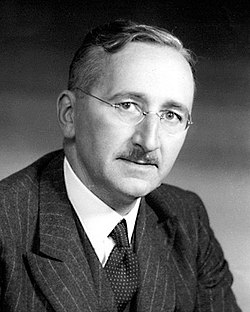| Masters of Money | |
|---|---|
 Title screenshot | |
| Genre | Documentary |
| Written by | Stephanie Flanders |
| Directed by | Tristan Quinn Martin Small |
| Presented by | Stephanie Flanders |
| Country of origin | United Kingdom |
| Original language | English |
| No. of series | 1 |
| No. of episodes | 3 |
| Production | |
| Executive producer | Dominic Crossley-Holland |
| Producers | Tristan Quinn Martin Small |
| Running time | 58 minutes |
| Production company | BBC Productions |
| Original release | |
| Network | BBC Two BBC HD |
| Release | 17 September – 1 October 2012 |
Masters of Money is a 2012 British documentary series produced by the BBC. [1] The programme premiered on BBC Two from 17 September to 1 October 2012 and is presented by Stephanie Flanders, who was then the BBC economics editor. [2] Dominic Crossley-Holland served as the executive producer of the programme. [3] The Open University worked in partnership with the BBC to produce the series. [3]
Contents
The series explores the lives of John Maynard Keynes, Friedrich Hayek, and Karl Marx, and their influence on modern economics. [2] Keynes is known for Keynesian economics and as an early pioneer of macroeconomics, Hayek is part of the Austrian School of economics, and Marx is known for communism and the theories that are collectively called Marxism. Flanders speculates how each would have reacted to the Great Recession, and what they would have proposed to resolve it. [4]
The series consists of three episodes, each an hour long. The first episode, Keynes, premiered on 17 September 2012, the second episode, Hayek, on 24 September, and the third and final episode, Marx, on 1 October. [2]


